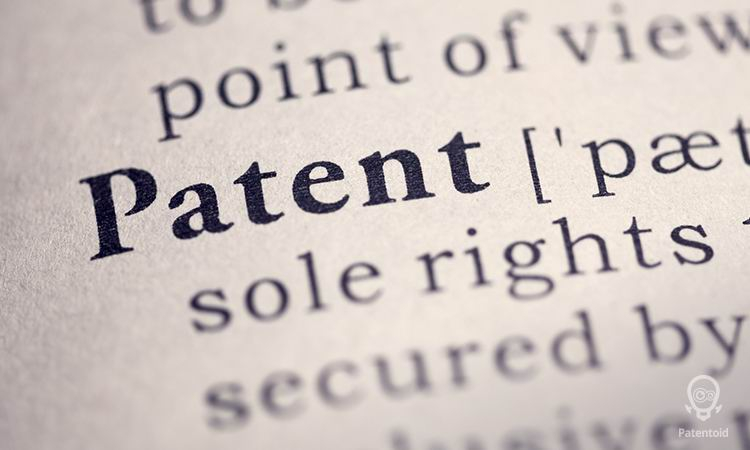The Difference Between a Trademark and a Patent
Patents and trademarks. These two terms are used fairly commonly and are interchanged even more than that. We instinctively feel they have something in common. Despite being related, they differ significantly both in purpose and in content.

Both a trademark and a patent have to do with the protection of rights associated with the result of one’s creation (intellectual property). In the European Union, trademarks as well as patents are registered and managed by one institution – the European Union Industrial Property Office. All EU states have agreed, on a national as well as a union level, to register patents and trademarks at one common place.
Let’s look at what the two terms mean, what they have in common and where they differ.
What Is a Patent?
Simply put: A patent serves as protection of an invention and protects one’s intellectual rights to that invention.
Essentially, patents are the registered, industrially applicable results of your inventive activity (inventions). You can patent not only a new product or technology, but also a chemical substance, drug, or industrial microorganism.
If you’ve patented a product of yours, it means you have the exclusive right to make that product. You can grant other people the right to use the patent and you can rent, pawn or sell it.
What Is a Trademark?
Simply put: A trademark protects your graphics or word combination from the competition’s imitations. You can find the individual trademark types in our article What Is a Trademark?
The purpose of a trademark is to differentiate a product or service from other products or services. Its primary goal is to protect consumers – your customers – from confusing your products/services with rival products/services. There always has to be a clear distinguishing element to a trademark.
A trademark will protect your marking of a product or service. Trademarks are usually made up of words (name, slogan) or pictures (logo), but they can also consist of a shape. The Industrial Property Office now allows for movements and sounds to be trademarked. The main condition for registering a trademark is that it must have a distinguishing quality separating one product or service from another similar product or service.
By registering a trademark, you gain the exclusive right to use it. You can grant other people permission to use your trademark and you can rent, pawn, or sell it.



